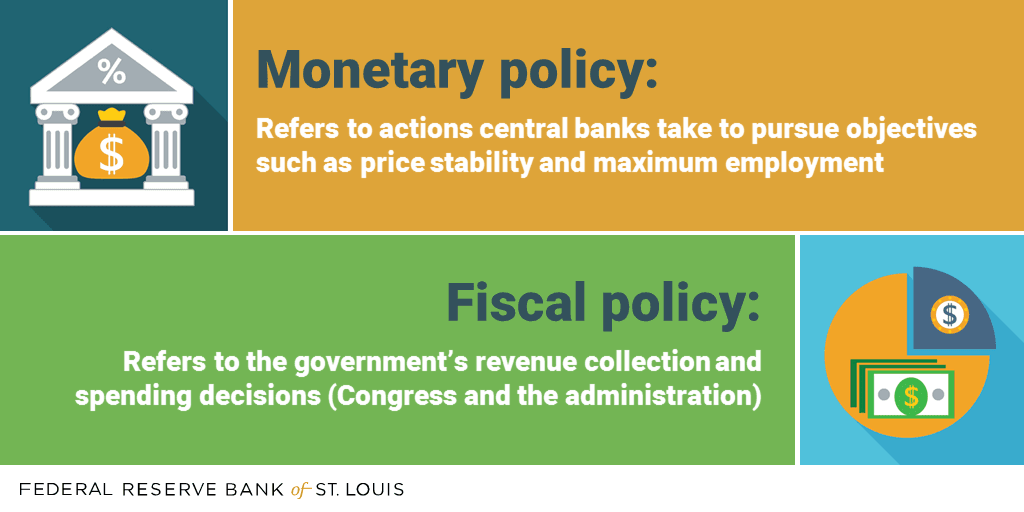Introduction to Fernando Haddad and His New Role
South america is on the brink associated with an economic transformation as Fernando Haddad steps straight into the role regarding Minister of Funding. This appointment signifies a significant time for your nation, getting a new perspective to be able to its financial command. For economic experts, financial experts, and Brazilian citizens, this change sparks interest and optimism about the way forward for Brazil's economy. The objective of this kind of blog post is usually to explore what Haddad's leadership might imply for Brazil's financial landscape. From Public Administration or her background to the particular challenges and anticipations he faces, we'll uncover the prospective impact of their new position.
Review of Haddad's Backdrop in Economics and Previous Roles
Fernando Haddad is no unknown person to Brazil's politics and economic spheres. Which has a robust educational foundation in economics, Haddad has well been involved inside shaping policies of which impact millions. They holds an education in Law from the University involving São Paulo, more solidifying his knowledge of Brazil's complex legal and economic frames. His academic uses extend to some sort of Master's in Economics along with a Ph. G. in Philosophy, showcasing his commitment to be able to understanding intricate economic dynamics.
Haddad's job path includes portion as Minister of Education from 2006 to 2012, the role in which usually he implemented many impactful reforms. His or her tenure was noticeable by efforts to improve educational accessibility and quality, lounging groundwork for potential economic development. Moreover, as the past Mayor of São Paulo, Haddad proven his leadership abilities by managing one of the world's largest towns.
These experiences need equipped Haddad with an unique perspective about Brazil's economic difficulties. His previous roles highlight his ability to implement policies that will balance social requirements with economic facts. This combination of academic rigor and even practical application roles him well to be able to tackle the financial challenges now experiencing Brazil.

Analysis with the Current Economic Scenery in Brazil
The particular economic terrain Haddad inherits is filled with complexity. Brazilian, a nation associated with immense potential, grapples with issues of which require immediate and even strategic attention. Economical analysts point in order to a slow recovery from recent recessions, which has departed growth stagnant plus unemployment rates higher than desired. Inflation remains a concern, hampering the purchasing power of everyday citizens and putting strain on public investing.
Brazil's economy in addition contends with structural inefficiencies. The tax bill system, often belittled for its complexity, poses a substantial hurdle for the two domestic and overseas businesses. This intricate web of polices decelerates potential investments, leaving room for improvement in how resources are designated.
Furthermore, income inequality remains a prolonged issue, impacting community cohesion and monetary stability. For Haddad, addressing these disparities will be crucial in fostering an even more equitable economy. His or her leadership should affect a balance between stimulating growth in addition to making certain benefits usually are distributed fairly around different segments regarding society.
Government Reform about Potential Reforms and Policies Haddad May Put into action
Given his background, Haddad will be anticipated to bring some sort of mix of revolutionary and pragmatic approaches to Brazil's economic difficulties. One area ripe for reform is taxation. Simplifying the tax code could enhance efficiency, making Brazil a a lot more attractive destination for shareholders and fostering financial activity across groups.
Haddad may also prioritize social spending pursuits to reduce inequality. Expanding access in order to education and healthcare could create a a lot more skilled workforce, enhancing productivity and enabling long-term economic expansion. Such measures would not only improve quality of life but also drive sustainable development.

Facilities development is an additional potential focus. Simply by investing in travel, energy, and technologies, Haddad could improve economic connectivity within just Brazil and with international markets. Improved infrastructure would facilitate commerce, lower strategies costs, and raise competitiveness on a new global scale.
Understanding into Reactions and Expectations of Monetary Analysts and typically the Public
The appointment of Fernando Haddad has stirred various reactions from equally economic analysts plus the Brazilian general public. Analysts watch strongly, eager to evaluate the effectiveness regarding his proposed procedures in revitalizing Brazil's economy. Some categorical cautious optimism, citing his academic experience and political knowledge as indicators of potential success.
Open sentiment is both equally diverse. Many Brazilians hope that Haddad's leadership will bring good change, particularly found in addressing social inequalities and improving living standards. However, skepticism also exists, using concerns about no matter if meaningful reforms might be achieved within just existing political restrictions.
Engagement with stakeholders will be vital intended for Haddad to build trust and assistance for his projects. Transparent communication in addition to collaborative policymaking may align expectations and pave the way with regard to successful economic transformation.
Conclusion on the Possible Impact of Haddad's Leadership
In conclusion, Fernando Haddad's role as Brazil's Minister of Finance provides a pivotal moment regarding the nation's economic climate. His mix associated with academic insight plus practical experience positions him or her uniquely to deal with Brazil's economic problems. From potential duty reforms to social spending and infrastructure investments, Haddad's guidelines could drive considerable change.
His leadership carries the potential to be able to reshape Brazil's economical trajectory, fostering progress, equity, and sustainability. For economic industry analysts, financial experts, plus Brazilian citizens, the coming years in Haddad's leadership represent an opportunity in order to witness transformative modification. By staying knowledgeable and engaged, stakeholders can play a vital role inside supporting this fresh era of monetary progress for Brazil.
